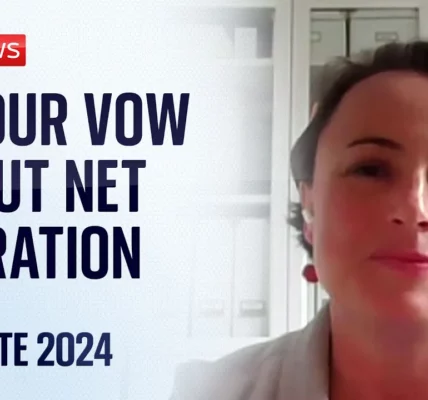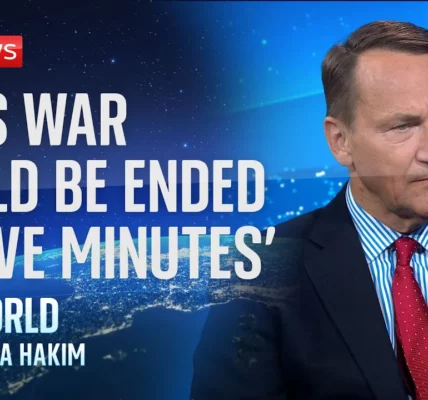Israel Kills Hamas Leader: Analyzing the Implications for Peace

This article delves into the recent developments following the death of Hamas leader Yaya Sinwar, exploring the potential ramifications for the ongoing conflict, budgetary concerns in the UK, and the broader political landscape. Join us as we uncover the intricate details and implications of these significant events.
Introduction to Recent Events
The recent killing of Yaya Sinwar, the head of Hamas, marks a pivotal moment in the Israel-Palestine conflict. As the Israeli Defense Forces (IDF) continue their operations in Gaza, international voices are calling for a resolution to the ongoing war. This article examines the implications of Sinwar’s death, the reaction from Israeli leadership, and the potential for future negotiations amid ongoing violence.
Israel’s Military Operations
The elimination of Sinwar has been described as a “turning point” in the conflict. His leadership was pivotal for Hamas, particularly in orchestrating the attacks on October 7. The IDF’s operation was characterized by significant military strategy, aiming to dismantle Hamas’s leadership structure.
The Significance of Sinwar’s Death
Sinwar’s death raises critical questions about the future of Hamas and the overall security situation in Israel:
- Will this lead to a power vacuum within Hamas?
- How will this affect the ongoing hostage situation?
- What are the implications for Israel’s military strategy moving forward?
International Reactions
Global leaders have responded with a mix of caution and optimism. President Biden emphasized the need for a ceasefire while congratulating Netanyahu on the military success. This response illustrates the delicate balance of international diplomacy in the region.
The Call for Negotiation
With the death of a key figure in Hamas, discussions about peace negotiations are resurfacing. Analysts are questioning the timing and context for these talks amidst ongoing hostilities.
Challenges to Negotiation
Several challenges must be addressed for meaningful negotiations to occur:
- The status of hostages held by Hamas.
- The need for humanitarian aid to Gaza.
- Ensuring security guarantees for Israel post-conflict.
Potential for a Two-State Solution
While many agree that a two-state solution remains the ideal outcome for lasting peace, the current Israeli government appears divided on this approach. The political dynamics within Israel could significantly impact the feasibility of such negotiations.
Domestic Political Landscape in the UK
As international events unfold, the UK’s political landscape is also seeing significant developments, particularly regarding the upcoming budget and public services.
Budgetary Concerns
The anticipation surrounding the upcoming budget has led to tensions within the UK government. Reports indicate that cabinet ministers are expressing dissatisfaction over proposed cuts to public services.
- Concerns over funding for health services.
- Debates regarding housing and infrastructure investments.
- Possible implications for the Labour Party’s standing with the public.
Political Divisions
The Labour Party faces internal divisions as members express frustration over the handling of budget negotiations. The success of the party in addressing these issues will be crucial for its credibility and future electoral success.
Conclusion
As geopolitical tensions rise with the death of Hamas leader Yaya Sinwar, the potential for peace hangs in the balance. The international community watches closely, hopeful for a resolution that addresses both humanitarian needs and security concerns. Simultaneously, the UK government navigates its own challenges, highlighting the interconnectedness of global and domestic politics. For further insights and updates on these critical issues, stay informed and engaged with current events.
For more related articles, consider reading our pieces on The Peace Process in the Middle East and Analysis of the UK Budget 2023.
“`




